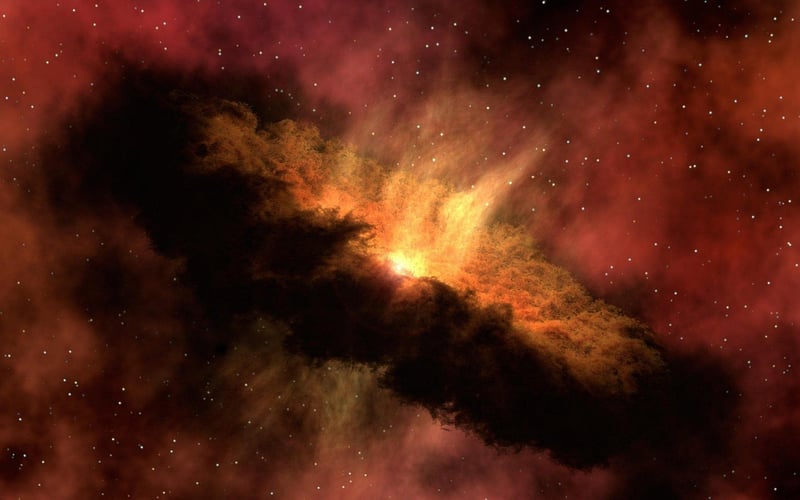Cosmic Origins
Exploring Life beyond Earth and Cosmic Origins
The Search for Extraterrestrial Life
Humanity has long been fascinated by the possibility of life beyond Earth. Scientists and researchers around the world are actively exploring the vast expanse of the universe in search of extraterrestrial life forms.
Exoplanets and Habitable Zones
One key area of interest is the discovery of exoplanets, which are planets located outside our solar system. Scientists focus on identifying exoplanets within the "habitable zone" of their host stars, where conditions might be suitable for life to exist.
The Potential for Microbial Life
While complex life forms like humans may be a distant possibility on other planets, the existence of microbial life is more plausible. Microbes are known to thrive in extreme environments on Earth, raising the possibility of similar life forms existing elsewhere.
Cosmic Origins
Understanding the origins of the universe is fundamental to unraveling the mysteries of life beyond Earth. The Big Bang theory is widely accepted as the most plausible explanation for the creation of the universe.
Formation of Stars and Galaxies
Stars and galaxies are the building blocks of the universe. Stars form from the gravitational collapse of gas and dust, while galaxies are vast systems containing billions of stars, planets, and other celestial bodies.
The Role of Dark Matter and Dark Energy
Dark matter and dark energy are two enigmatic components that make up a significant portion of the universe. While their exact nature remains elusive, scientists believe they play a crucial role in the structure and expansion of the cosmos.
Conclusion
As humanity continues to explore the depths of space, the quest for life beyond Earth and the understanding of cosmic origins remain at the forefront of scientific endeavors. Through ongoing research and technological advancements, we inch closer to unlocking the mysteries of the universe and our place within it.



